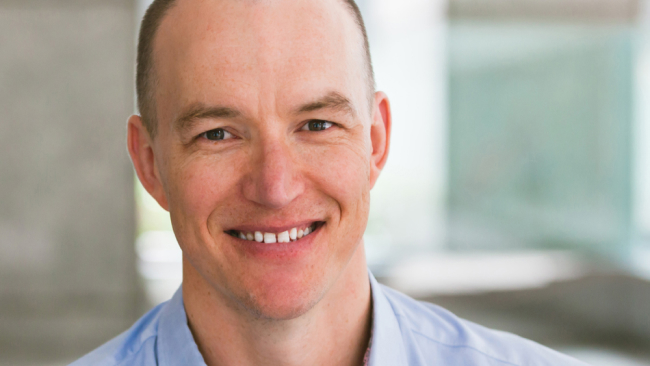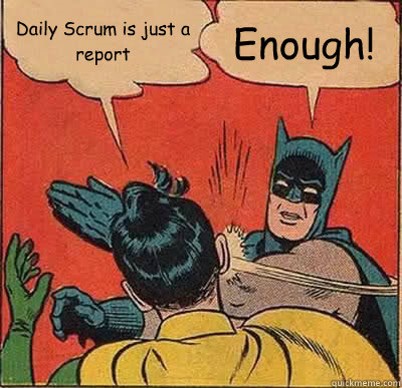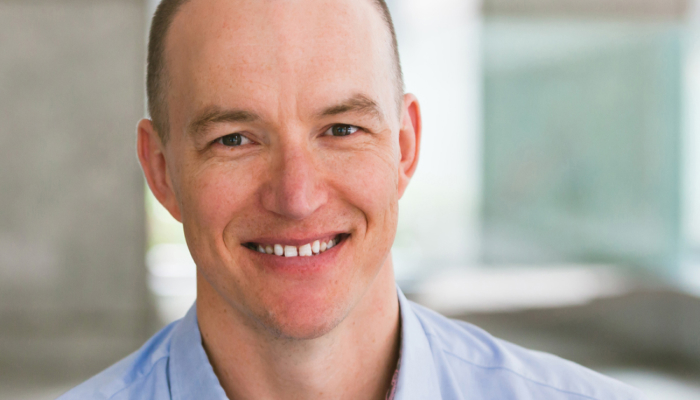
I talked to Tim Burgess, the Director of Shield GEO Services Limited, a Global Employer Organization (GEO), an expert in outsourced employment and international remote work.
Tim Burgess holds a degree in both Psychology and Geography and specializes in, what he calls, human effects of globalized employment. From the earliest days of his employment, he has dedicated his work to IT sales and recruitment. Over many years, he has dealt with countless international remote workers and developed an enormous passion for remote work. Now, Tim works as a Director of Shield GEO Services Limited, an organization that provides outsourced employment services to companies globally. Tim Burgess has visited Running Remote conference in June this year and, in this interview, shares his impressions from the event. Soshace is a media partner of RR: we helped to conduct interviews with the speakers and attendees.
Hello Tim, and welcome to the interview with Running Remote! Why did you decide to pursue a degree in Psychology? And then geography? How does these two match?
I’m from Sydney, Australia. I enjoyed Geography ever since high school and early in my university career I was struggling to find other subjects I was interested in and could handle. Psychology turned out to be a good fit. It was never really the plan but I have ended up in a place where they both seem to intersect. I guess you could call it the human effects of globalized employment.
Can you, please briefly describe your work experience?
I’ve worked in recruitment and IT sales as well as having started a few small businesses. Pretty much always been involved with international employment.
How would you describe your daily responsibilities or challenges that you have to deal with on a daily basis?
I oversee the operational aspects of our business: finance, marketing, and technology. I spend most of my time helping our leaders move forward. Often that is removing roadblocks and building tools or processes to improve how we work and deliver our services. And then there’s an element of firefighting but that is reducing as we get bigger.
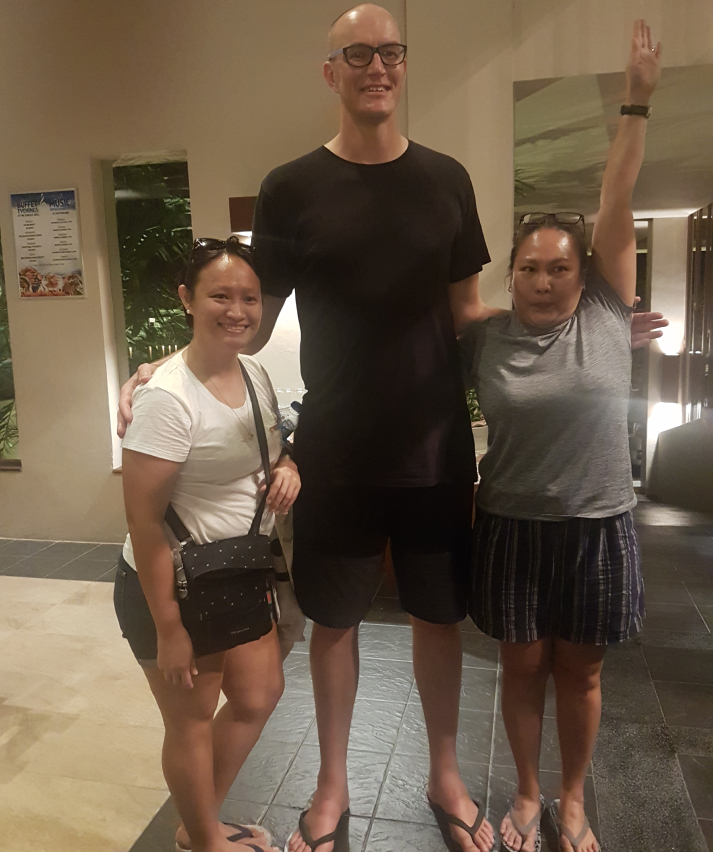
What does your company do? Why do you think it’s different from similar outsourcing companies?
We employ and payroll international workers for companies who don’t have an entity incorporated in the country where they want to hire. I think we are a little different because we are quite similar to the companies we serve. Our team of 33 people is spread across 9 countries and we utilize our own service to employ our staff in many of those countries. So we have a good understanding of the amount of administration involved and how to keep that low whilst ensuring compliance. We are very focused on outsourced employment and how can we deliver this particular service as well as we can.
In your opinion, what’s the most challenging part of managing remote teams?
Communication. How to make sure people have the information that they need, that they are connected and engaged. And that they are able to communicate with their colleagues around the world in an empathetic and effective way.
Do you think the future of the workforce is remote?
This resonates with my beliefs:
– Flexible schedule of work hours is the most desired form of flexibility
– Millennials (like everyone) values job security which means employment > contracting.
– Employers that embrace this get rewarded with happier & more engaged employees https://t.co/KItG2oX8sJ— Tim Burgess (@planetburgess) July 11, 2019
The future of work is going to be based heavily around flexibility. People want (and benefit from) flexibility about when, where and how they perform their work. I think remote work is going to be a big part of this. We haven’t even gotten to the tip of the iceberg in terms of how popular remote work will become. But it is just going to be one option available to people. A lot of people will still want to be in a co-located environment. And I think the greatest number of people will want some sort of mix that gives them the best of both worlds. I also think these preferences will change during the course of their lives and careers as they balance work and their other interests.
Have you given any public talks in recent years?
I have given a few talks on remote work, international employment and gender diversity in international assignments. I am always happy to discuss these topics.
I LOVE the Grow Remote initiative. They support Ireland’s regional communities by encouraging remote employment. Their approach is thoughtful & comprehensive. If you have questions about hiring or getting hired to work remotely in Ireland (no gotcha’s, just trying to help) -> https://t.co/R4EYc670Js
— Tim Burgess (@planetburgess) July 11, 2019
Why do you think it’s important to participate and organize conferences within the communities?
It is so early in the move towards remote work that many of us are figuring it out as we go. It is really helpful to share different approaches and learnings. Especially about topics like remote team communication, management, and collaboration.
Do you have any hobbies? What are they?
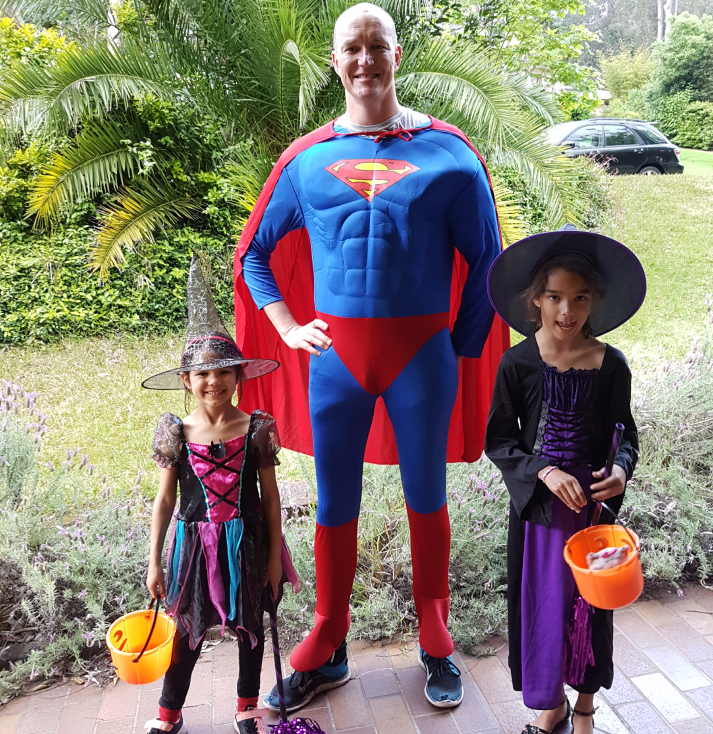
I play basketball and hang with my family.
How was Running Remote this year?
The power of remote work. This is really inspiring #hirefahim #runningremote
https://t.co/cs7zcK60T3— Tim Burgess (@planetburgess) June 29, 2019
I really enjoyed the conference. It was such a positive and excited group of people. And what an amazing location!
Did you participate in any networking events? Whom have you met within the community?
I met so many people at the meal breaks and around the venue. We talked a lot about hiring and what sort of people make great remote workers.
What was the most exciting talk you listened to at the event?
About to walk on stage at #runningremote to give the opening talk.
I will talk about engineering management in remote teams.
I’ll explain how @producthunt handles autonomy and how to systemize the most important aspect: Trust 🙏
Lmk what you think 🙌 https://t.co/kq9PvP4SOQ
— Andreas Klinger ✌️ (@andreasklinger) June 29, 2019
Hard to pick a favorite. I enjoyed Andreas Klinger‘s talk a lot as it pushed back on a bit of the dogma about working remotely. I picked up some really actionable tips from Ken Weary that we can use in our business. That was very valuable.
Are you coming back for Running Remote 2020?
We’ll be there.



